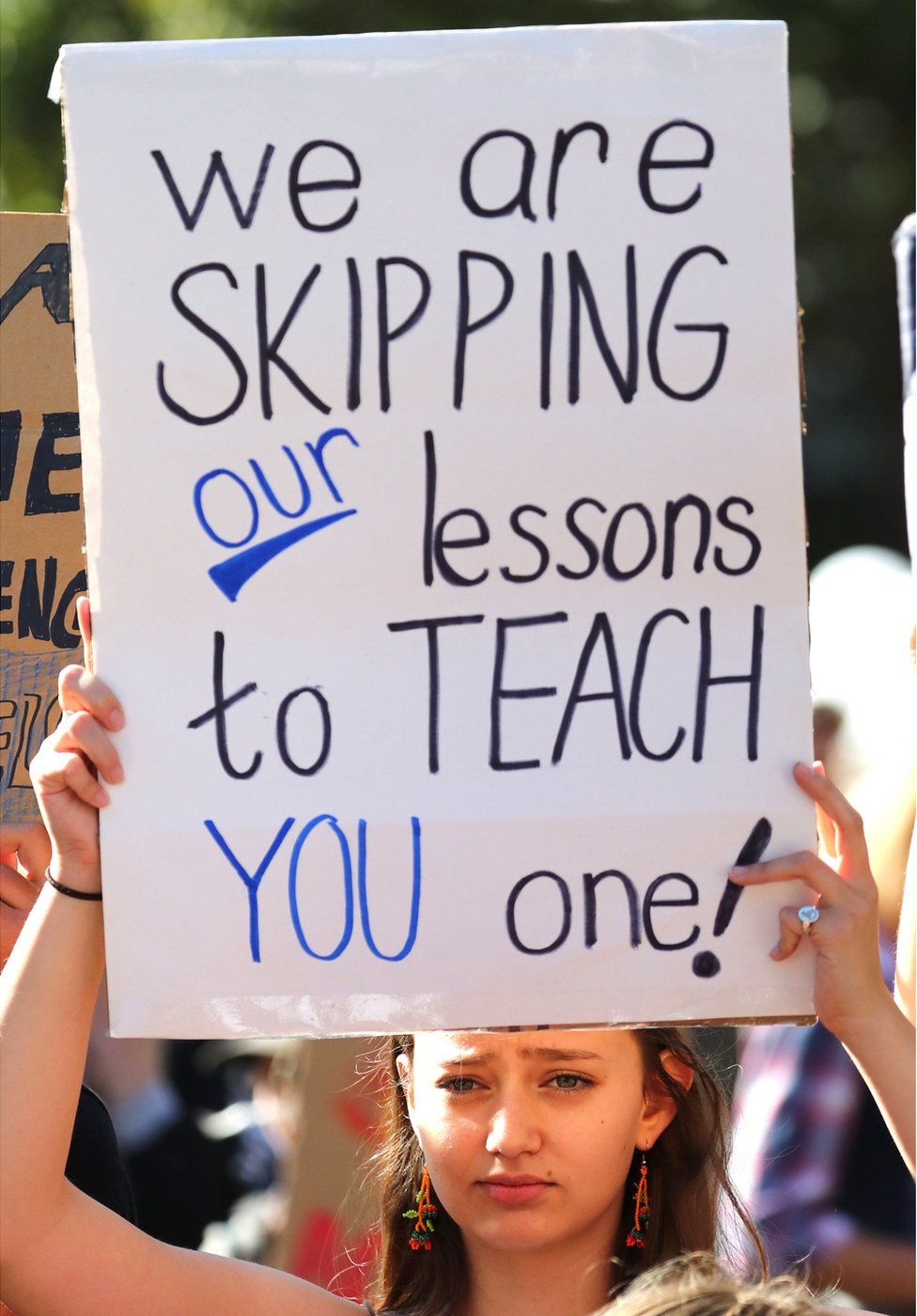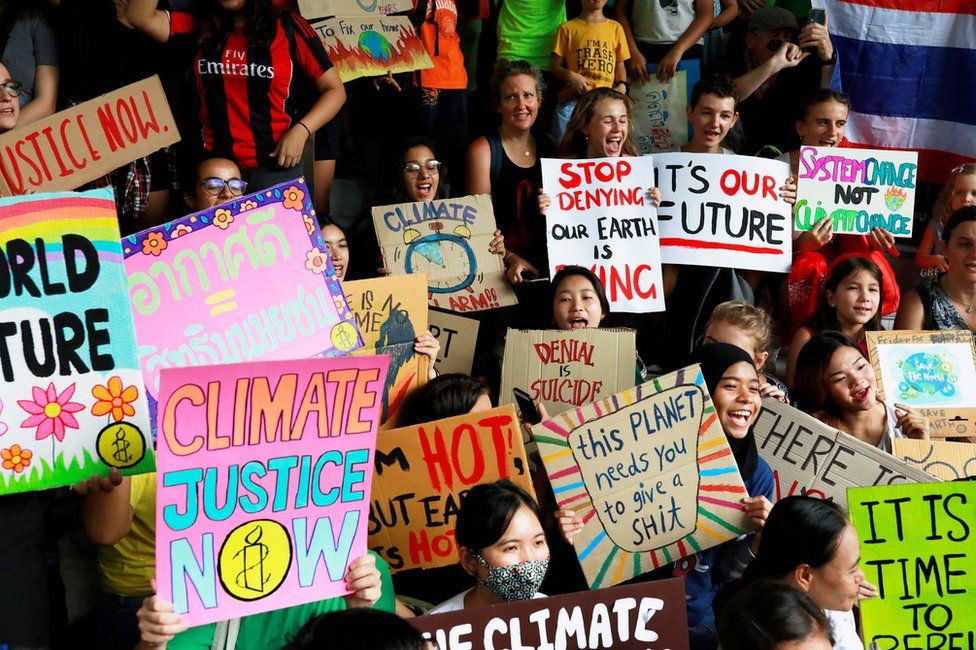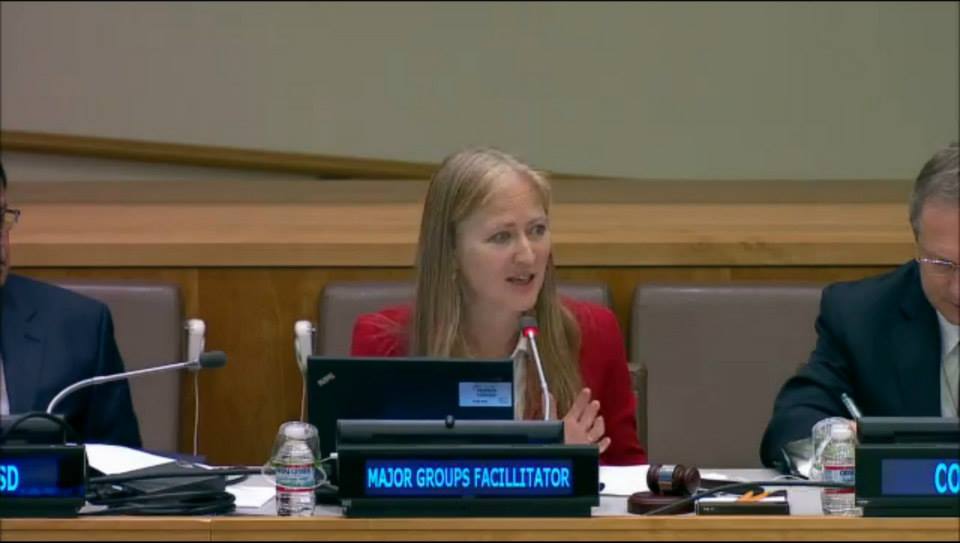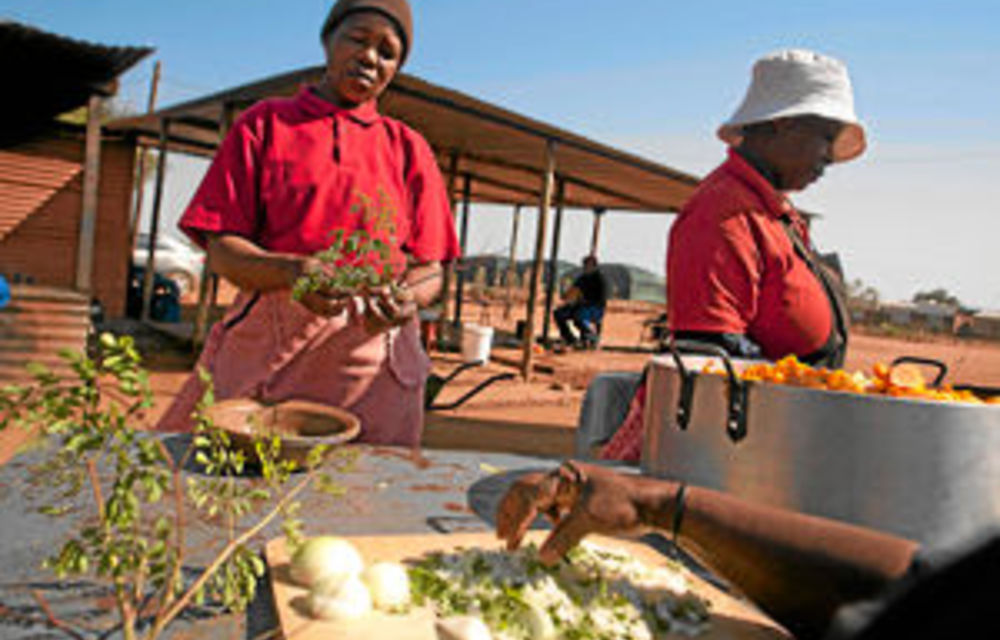
September 20, 2019: Global Climate Strike! GLOBAL CLIMATE STRIKE! #ClimateStrike! Thanks to the great work and leadership of Greta Thunberg and her young and youthful sistren and brethren across the globe, business as usual stopped, or at least slowed down, for a bit today to take account of the climate crisis surrounding and inhabiting all of us. Hundreds of thousands, even millions, of people, led, again, by young people took to the streets to demand action on the part, first, of national governments, as well as corporations, and people more generally. The crisis is here. The time is now. While young people flipped the script in so many ways, the news media and academy relied on the same, frankly tired rhetoric of `discovery’, specifically of discovering that women and children bear the brunt of climate devastation. And so, once again and still, we must slow down and unpack this business of bearing the brunt.
But first, what did reporters, advocates, academics discover? Here’s a brief overview from the last few weeks. “Bangladesh’s rural families bear the brunt of climate change … Households headed by women are under even greater pressure.” “Women bear the brunt of extreme weather events because they lack economic, political and legal power.” “Women and children often bear the brunt of water shortages.” “The female population is more likely to bear the brunt of natural disasters.” “In less-developed regions, it falls to women to gather food and water for their families. If crops can’t grow, those women will lose both their livelihoods and their food source. At the same time, as extreme weather events become more frequent, huge populations of women and families are forced to leave their homes. Women will bear the brunt of the crisis.” “It is the world’s most vulnerable people who are made to bear the brunt of climate change, though they are the least responsible for causing it, and are ill-equipped to deal with the consequences.” The list goes on forever, but you get the picture.
Occasionally, the brunt is evoked in a more intersectional and even ideological sense. “Feminism helps me understand what underpins our climate crisis — systems like extractivism, patriarchy, and capitalism. Feminism helps us see the gender–differentiated impacts of climate breakdown and how women disproportionately bear the brunt of the harm.” “Women farmers bear the brunt of the crisis—and may be the key to limiting its impact. But that’s only possible if there is gender equality in the agriculture sector.” “Those with fewer resources are bearing the brunt of the crisis, and many of the world’s poorest are women. In times of scarcity it’s often mothers who go without to make sure their families can eat. When extreme weather hits, because women still primarily look after children and the elderly, they are the last to evacuate; leading to higher female death tolls. Around 90% of the 150,000 people killed in the 1991 Bangladesh cyclone were women.”
What is this brunt, and what is bearing? A brunt is “An attack or onslaught … a military assault … the shock, violence, or impact of an attack or onslaught … The chief shock or force of a military attack; the chief impact of an abstract agency; the chief stress or burden.” While bearing has multiple meanings, in bearing the brunt, it means “to sustain (anything painful or trying); to suffer, endure, pass through.” Women are described, and discovered, as `bearing the brunt’, and are thereby placed in an inevitable logic and political economy of sharp blow, assault, violence, shock, and military force as the norm.
Thankfully, Greta Thunberg and her rightly impatient sistren and brethren are flipping that script. They demand climate justice now. No more discoveries of the already known, no more sympathetic invocations of the unfortunate inevitable brunt that women are universally slotted to bear. No more evasions, no more explanations. The State must take action now: listen to the scientists and act; listen to the women farmers and act. Listen to women, who reject and refuse the brunt, as they always have, and act. The time is now! September 20, 2019: Global Climate Strike! Climate Justice! #ClimateStrike!

(Photo Credit: BBC)

